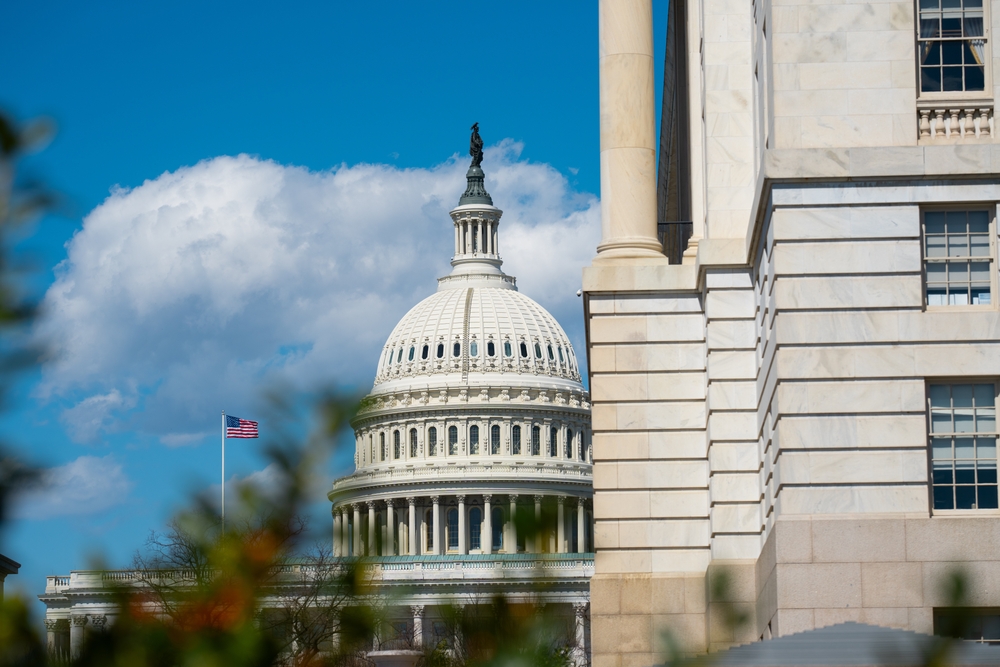The Government Shutdown: What It Is & How It Could Affect Your Finances

The term “government shutdown” taking over headlines can sound alarming. But what does a shutdown actually mean, and how could it affect you personally? Let’s break it down clearly and factually.

What Is a Government Shutdown?
A government shutdown occurs when Congress and the President are unable to agree on annual funding legislation (or a temporary extension, known as a continuing resolution). Without that authorization, certain federal agencies don’t have the legal authority to spend money, which means parts of the government temporarily close.
A shutdown does not mean permanent job loss for federal employees, but it can mean furloughs—a temporary, unpaid leave of absence. Employees on furlough do not work or receive pay during the shutdown but remain employed.
- “Non-essential” workers (such as staff at national parks or administrative offices) are furloughed until the shutdown ends.
- Essential federal workers (such as TSA officers, air traffic controllers, and military personnel) must continue working, but their pay may be delayed until after funding resumes.
While essential employees are required to work, not receiving timely pay can create financial strain. In past shutdowns, this has led to higher numbers of call offs or resignations in certain roles, which caused service delays—particularly in travel and transportation.
Historically, furloughed federal employees have received back pay once funding is restored, though contractors are not always guaranteed repayment.
Which Industries Are Most at Risk?
Shutdowns affect different parts of the economy unevenly. Those most likely to feel the impact include:
- Federal Employees & Contractors: Especially those in “non-essential” roles or on paused government contracts.
- Tourism & Hospitality: Hotels, restaurants, and shops near national parks, museums, or monuments may see fewer visitors if those sites close.
- Small Businesses Relying on Federal Programs: Such as loans or grants through the Small Business Administration (SBA), which may face delays in processing.
- Aerospace, Defense & Construction Firms: As they’re tied to federal contracts, payment may be delayed.
- Research & Higher Education: Specifically, programs funded through federal grants, which could experience temporary pauses.
How to Prepare for Potential Impact
Individuals:
- Build a financial cushion. Aim to set aside at least one month of essential expenses if possible. A government shutdown is a prime example of why it’s crucial to have an emergency fund in place ahead of disruptions like this.
- Adjust your budget temporarily. Identify flexible spending areas (streaming services, memberships, entertainment) you could reduce if income is delayed.
- Know your benefits. Federal employees can check the Office of Personnel Management (OPM) for updates.
Leverage support. Connect with your financial institution and lending companies (credit card, mortgage) for guidance on emergency budgeting, alternative repayment plans, and financial hardship resources. Also locate local nonprofits and food banks that can provide short-term assistance.
Business Owners:
- Diversify revenue streams. If your business relies on government contracts or tourism near federal sites, consider other ways to generate income.
- Strengthen cash flow management. Keep reserves for payroll and operating costs to bridge potential delays.
- Stay in touch with lenders. Some financial partners may offer payment flexibility during temporary funding disruptions.
- Communicate openly. Reassure employees, vendors, and clients about your plan to manage through a shutdown.
Students:
- Double-check due dates and set up automatic payments. This will help to avoid missed or late payments.
- If you’re applying for aid, submit your FAFSA as early as possible. There may be processing delays.
- Stay in touch with your loan servicer. They can provide updates and explain options like deferment, forbearance, or repayment plan changes.
- Contact your school’s financial aid office. Ask if they often have contingency resources or emergency funds if delays occur.
Resources for Support
- Office of Personnel Management (OPM): Guidance for federal employees during shutdowns.
- Small Business Administration (SBA): Updates on loan processing and business resources.
- Your Credit Union or Bank: Support with financial guidance, budgeting, and connecting you with additional community or hardship resources.
- Community Organizations: Local nonprofits, food pantries, and assistance programs can provide essential short-term support.
Handle the Shutdown Now, Build Resilience for Later
Government shutdowns aren't uncommon—they’ve happened more than 20 times in U.S. history. While a shutdown can feel disruptive, remember that it's temporary. What matters most is how you navigate this period: by prioritizing essentials, staying connected to reliable resources, and asking for support when needed.
We can’t always control when situations like this arise, but preparation is the best way to build confidence and reduce stress if a shutdown—or something more personally disruptive—happens again. At 3Rivers, we’re here to help you take steps today that can strengthen your financial resilience for whatever comes tomorrow.
Take the first step in safeguarding your finances against the unexpected: schedule an appointment to talk with our team.